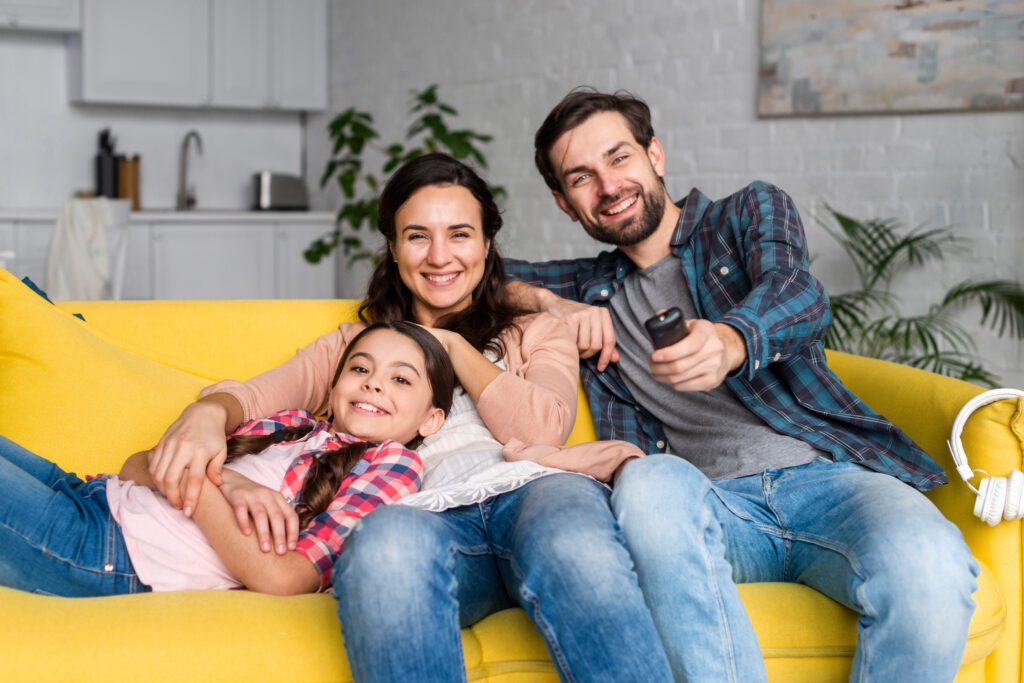Maintaining business continuity through local data loss incidents depends on frequent backups
There’s no question that backing up your company’s data is important. It might even be the most essential step you can take to ensure business continuity in case of a hack, data loss, or even a natural disaster.
Think of regular backups as an insurance policy losing your data can mean a crushing financial loss for your business. The global average cost of a data breach in 2019 was $3.9 million, and that amount continues to rise.
The first step to preventing that kind of disaster is developing a backup strategy. There are many options, including local and cloud, so let’s look at how to choose the right one for your business, both in terms of backing up and then recovering your data.
Create a backup strategy
Before you can decide how to backup your data, you must decide what data needs to be backed up. If a set of data is essential for doing business and its loss would interrupt normal operations, include it in your backup.
Answering these questions will help develop your strategy:
- What data needs to be protected?
- Do backups need to happen daily? Weekly? How often?
- Is your location in an area of frequent natural disasters?
- Has your organization ever suffered a hack?
- How much can you spend?
- How will you backup your data?
The last question has a few answers, and each come with their advantages and disadvantages. Which is the right data backup solution for your company?
Data backup options
If you already do everything in the cloud, no backup may be necessary (unless you want to be able to access your data offline). But if you use locally installed applications, you’ll need to assess which option will work best for you.
- Online backup: Not to be confused with cloud storage or backup, online backup services scan your company’s computer hard drives and storage devices for the files you choose to protect. They are then encrypted and stored on the service’s online servers. You’re able to access and restore your data no matter where you are. Regarding security, these services aren’t an attractive target for hackers. They would have to decrypt and examine all of your files to see if there’s anything worthwhile. To keep internal security, change passwords on a regular basis. The cost of online data backup is about $12 per 10GB of data, plus set-up and licensing fees.
- External hard drives: If you have a small business, external hard drives may be the way to go. Backup software allows you to decide which computers and files to backup. If you choose this option, make sure external drives are stored off-premises otherwise, they offer no protection in case of a natural disaster or fire.
Also, hard drives can only reliably restore data for a finite period of time, usually nine to 20 years. The big advantage of external hard drives is that they’re extremely inexpensive. You can buy a top-rated 8TB hard drive for as little as $149.99. - USB drives: USB drives can be another solution for a small business. They come in two versions. One is commonly referred to as a thumb drive, the other a flash drive.
The difference is in the type of memory storage: Thumb drives use SSD, a media that has no magnetic properties and stores, reads, and writes data. It’s meant to be used to move data from one computer to another. Flash is high-speed, non-volatile, magnetic, transfers data faster than SSD drives, and is more suitable for business purposes. These drives have a life span of about 10 years before writing and overwriting cause data degradation. - Tape storage. Using tape might seem old school, but today’s tape cartridge can hold up to 15TB, so if you have a lot of data to back up, it might be the perfect solution. Data access is slower, which means finding a particular file can take some time, but data integrity is maintained up to 30 years. You’ll have to buy an LTO drive, and prices range from extremely cheap to close to $4,000, but tapes are inexpensive; the current cost-to-benefit ratio of tape over drive storage is 4-to-1 in favor of tape.
- Cloud backup. Cloud services, especially those with backup automation, make backups easy. I fact, backups currently constitute 62% of overall cloud storage, but you can still lose data due to a hack. If you choose this backup method, it’s a good idea to schedule occasional on-site backups just in case. Cloud services backup your data directly into the cloud, and this can be done nightly. The cost is approximately $.50 to $1.50 per gig you back up per month
- LAN backup. This provides another small business solution. Backing up your data in your own office on a server on your Local Area Network may seem appealing. However, although you have ultimate control, you also have incredible vulnerability if anything happens to that office, such as a natural disaster or fire. Servers also require a temperature-controlled environment, a backup source of power, racks, and other equipment. You can buy a pre-built server in a number of price ranges that might not give you the needed hardware configuration, or you can build your own for under $2,000.
Today data IS your business, containing customer, vendor, accounting, and tax records. Backups are vital. Aside from potential hacks and downtime scenarios, you could lose your competitive advantage, which affects your bottom line.
BDEX For the Best in Backup-Worthy Customer Data
The tools at BDEX help you get the quality data you need, right when you need it. We don’t just place custom, real-time tags across thousands of websites, apps, and platforms to deliver the most current data available. We also gather user data across multiple channels, and our BDEX Identity Graph helps you use this data to better identify who you’re targeting.
We have over 6 billion unique IDs, over 5,500 data categories, more than 800 million mobile ID-to-email matches, and over 1 trillion data signals. With BDEX, you’re empowered to create your own custom audience. So, all you have to do to get your messages in front of the right people at the right time is to build your ideal customer to target, download the data.
BDEX data is always clear, high-quality, and current to help you make real human connections. Contact the team today to get started transforming the quality and accuracy of your data.



